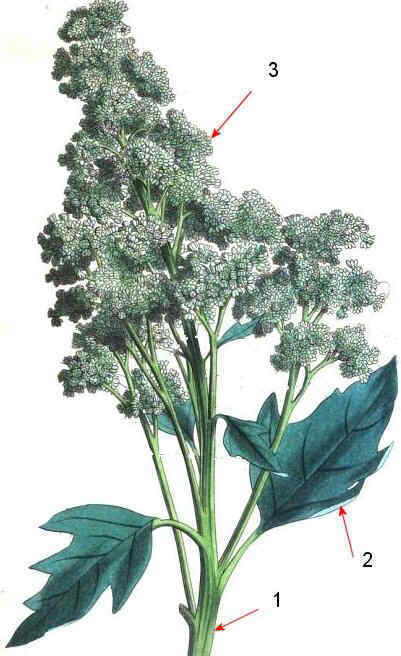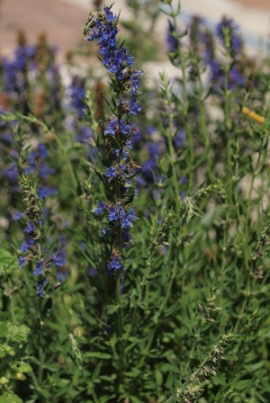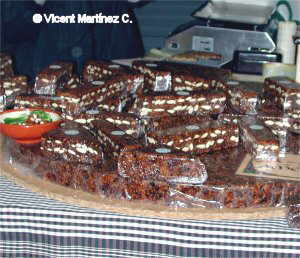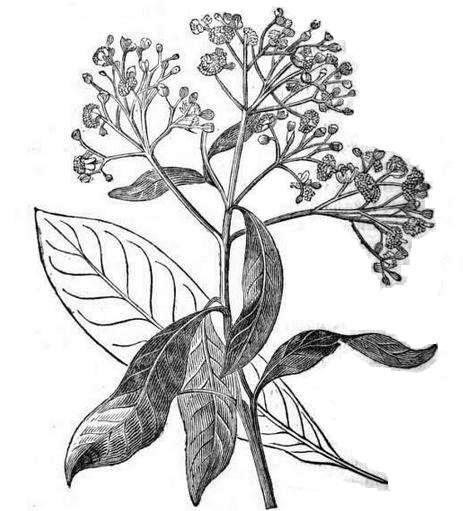Contents
Food suitable for cholesterol
Tips to lower cholesterol
Food is very important in controlling high levels of ” bad” blood cholesterol. It has been found that vegetarian people have lower levels of “bad” cholesterol (LDL). The reason appears to be in the following factors:
- Increased intake of soluble fiber (Dietary fiber): It allows more rapid depositions of feces accumulated in the intestine thereby preventing further absorption of cholesterol which is dissolved in them and could move back into the blood.
- Decreased intake of saturated fat. People who eat animal fats typically have higher levels of cholesterol than those who ingest calories from cereal, starches or unsaturated vegetable oils. Blue fish would be excluded from this principle because it is very rich in omega-3 fats, which have the ability to reduce “bad” cholesterol (LDL) and increase good cholesterol (HDL).
For a good heart health, it is recommended that the amount of total fat should not exceed 30% a day. From the whole fat intake, saturated fats should not exceed 10%. In practice, the total intake of fats should be about 67 grams of fat per day for the woman’s diet and 90 grams for man’s diet. With regard to saturated fats, the total daily amount should not exceed 22 grams for women and 28 men)
- The presence of certain plant components, mainly sulfur compounds, from garlic and onion, help control the levels of LDL cholesterol and triglycerides.
- So, from the viewpoint of a mostly plant-based diet, it can be concluded that we recommend the following:
- Increase consumption of fruits and vegetables: Being very rich in fiber, plant foods favor the expulsion of feces, prevents constipation and help remove cholesterol from the colon, preventing it to be reabsorbed by the body.
- Increase consumption of grains, legumes and starches: These increment will cover the daily requirements of fat and protein without using animal fats. Moreover, these foods are very rich in fiber and therefore they favor the intestinal transit.
- Reduce consumption of animal fats: By Reducing consumption of these foods we help our body diminish cholesterol levels. One should be extremely careful to avoid especially the consumption of entrails, since they are the part of animals that contains most cholesterol.
Whole milk or its derivatives contain high amounts of cholesterol, so it is recommended to take skimmed milk or eating products made with nonfat milk. However, if you do not want to dispense with them completely, use lean meats and avoid the red ones. Even better for you to eat blue fish (mackerel, sardines, salmon, etc.) (See more about this in the listing below about “Low cholesterol diet “)
- Replace saturated fats by unsaturated ones: unsaturated oils (olive or seed oil) are well suited to lower LDL cholesterol. They should replace saturated ones like coconut oil, palm oil or butter,
What are the main foods to lower cholesterol?
Among the main recommended plant foods we can distinguish the following.
 Pears: Very rich in fiber, in addition to removing cholesterol, they can help reduce excess weight which is often the cause of the outbreak of this illness. Moreover their sugars are very tolerable for diabetics.
Pears: Very rich in fiber, in addition to removing cholesterol, they can help reduce excess weight which is often the cause of the outbreak of this illness. Moreover their sugars are very tolerable for diabetics.- Apples: Apart from methionine, its high content of phosphorus and its richness in soluble fiber are key in controlling cholesterol.
- Oats: With very high insoluble fiber content which is useful for reducing cholesterol. Fiber hinders cholesterol absorption. We mustn’t forget that, in addition to soluble fiber, the also content fatty acids such as Omega-6 which also help reduce cholesterol in the blood.
- Walnuts: Walnuts stand out primarily for their polyunsaturated vegetable fats. Although, such as olive oil, they contain oleic acid (monounsaturated) with a proven effect in reducing cholesterol levels in the blood, they are specially rich in linoleic and alpha-linoleic acid. These polyunsaturated fats confer them even more interesting properties in order to reduce this component and prevent diseases of the circulatory system that affect the heart and arteries.
- Garlic: The presence of sulfur, as well as alliin, and ajoene, makes garlic very important to give this plant antithrombotic properties, so it is suitable to fluidify blood circulation preventing or combating circulatory diseases including atherosclerosis, hypertension, cholesterol, myocardial infarction, angina pectoris and other ones related with poor circulation.
- Onions: The presence of alliin, although in lesser amount that in garlic, also grants onion antithrombotic properties, so it can also be considered a natural remedy which prevents or interferes with the formation of thrombi.
- Blueberries: Because of their content in anthocyanidins, this food prevents blood cholesterol oxidation and fluidifies bloodstream.
Does coffee increase ” bad cholesterol “?
Express coffee or boiled coffee increases cholesterol levels. Decaffeinated coffee or that one prepared with coffee filter, unboiled, does not affect cholesterol and one can take up to 6 cups per day.
Does alcohol increase cholesterol?
Ingestion of small amounts of alcohol fluidifies blood and lowers cholesterol levels, although alcohol worsens hypertension and may produce weight gain.
In any case, for people who do not want drinking alcoholic beverages, it has been proved that eating black grapes can almost produce the same positive effects that drinking alcohol without its contraindications
![]() More information about remedies for cholesterol.
More information about remedies for cholesterol.

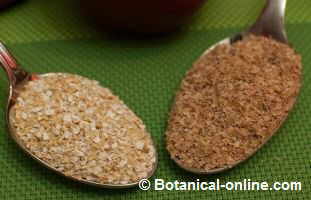 Pears
Pears

